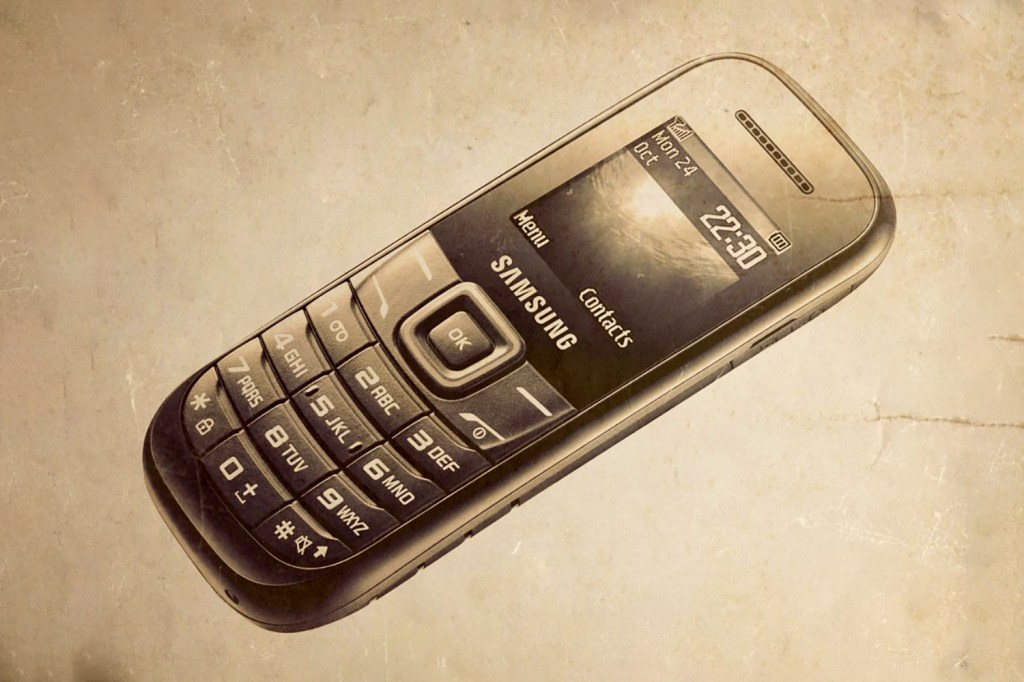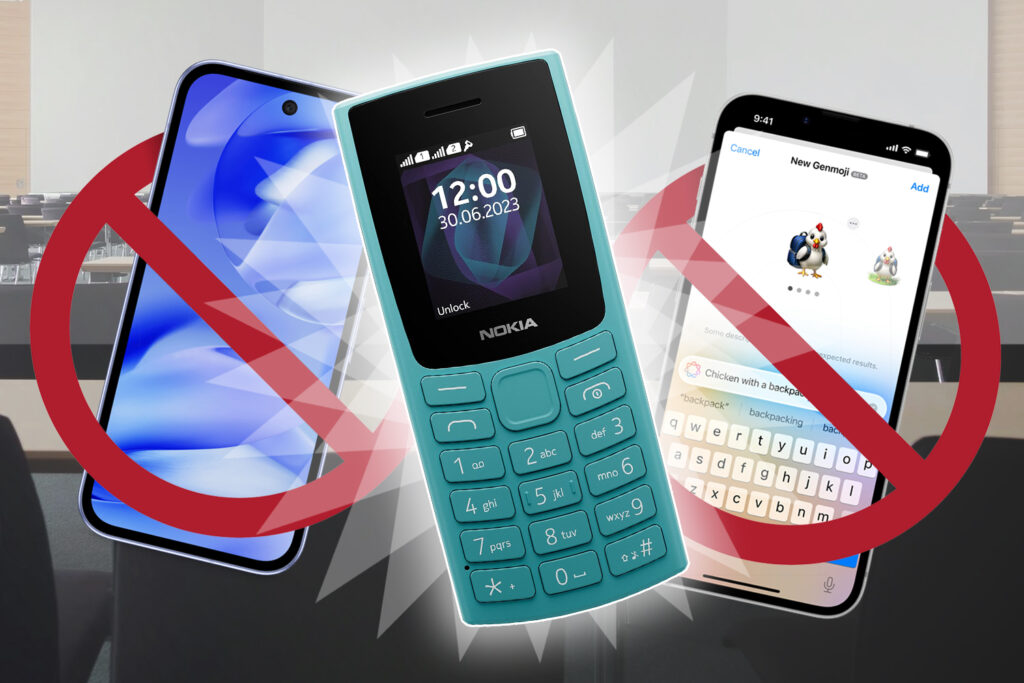This week, sandwiched between emails about bake sales and discos, was a more ominous message from my kid’s school. Starting in 2026, a smartphone ban will target youngest year groups first and then creep through schools like rising damp. By 2030, every local school will be smartphone-free, bar when kids need one for medical reasons. Everyone else? They’ll be stuck with a data-free, camera-free, largely featureless ‘feature phone’, partying like it’s 1999. This is a bad idea.
Before I get a deluge of angry emails from parents, teachers and politicians, I get it. Smartphones can be a real problem. Concerns about mental wellbeing, social disengagement, bullying and distraction are not imagined. I’m not saying we hand TikTok-obsessed tweens iPhones and let them go wild in maths. And I’m fine locking smartphones in pouches during the school day. But banning them entirely, even for the commute? That’s less modern policy and more like your granddad’s Facebook rant got wildly out of hand.
Locally, everything began with a parent pact. We were urged to sign a techno-purity pledge and promise to not give our kids phones until they turn 14. Then came surveys, full of leading questions, the results subsequently being waved around as justification for the ban. That bristled. The lack of thought given to practical knock-on effects is worse.
Local bus companies assume kids have digital tickets. Homework schedules are online. So now kids will need paper tickets and two devices. Two numbers. Two contracts. They’ll have two sets of messages, one of which can’t be remotely policed, because brick phones lack that capability. And then there’s the waste.

The wrong call
There are over 3000 secondary school students in my town alone. That’s potentially hundreds – thousands – of landfill-bound devices that’ll be bought for the express purpose of not being very useful. For families scraping by, that’s hard cash wasted on obsolete tech. Not to mention the unnecessary environmental toll.
Then there’s the hypocrisy. Children will still have access to problematic content on tablets and laptops. Or perhaps we’ll be urged to hide those too, ushering in a rigidly offline era of paper, pencils and pessimism. All of which starts to sound hysterical. Not least because the issue isn’t the technology. It’s how it’s used.
The ‘something must be done’ crowd is right, but we don’t need a school smartphone ban. We need more education. Parents could start by using their own phones less, thereby setting a better example. More could learn how to use systems that block and reduce what their children can access on devices – something, note, that’s beyond retro bricks. (Think kids can’t get lost in a haze of Snake and SMS? Guess again.)
Schools have a role to play too. A local private school we could not afford (short of my phone going ‘ding’ and announcing I’d won the lottery) takes a thoughtful approach. Year 7 students start with minimal phone use. Rights and responsibilities gradually expand over the years. By the time students leave, they’ve learned to use smartphones mindfully, positively and maturely.
Wider society, though, is doing what it always does when faced with change. Ban it. Shut it down. Pretend it doesn’t exist and hope it goes away. That won’t help when kids come ‘of age’ for smartphones and have no idea how to use them responsibly, because no one taught them how.
Read the full article here
